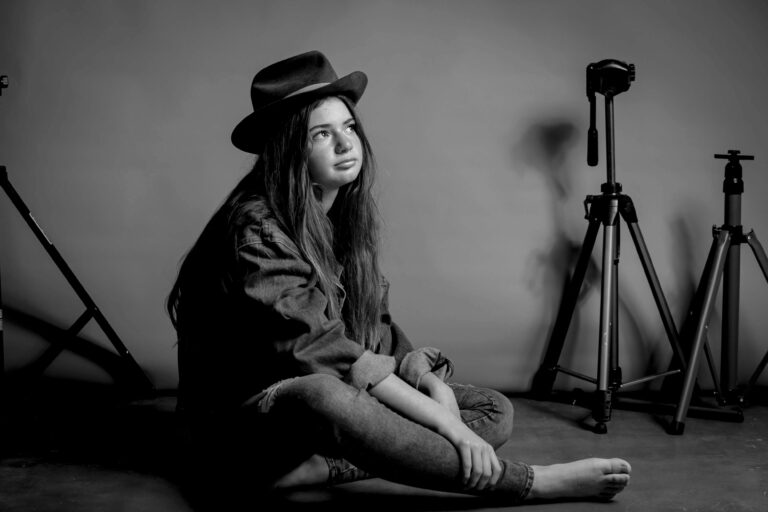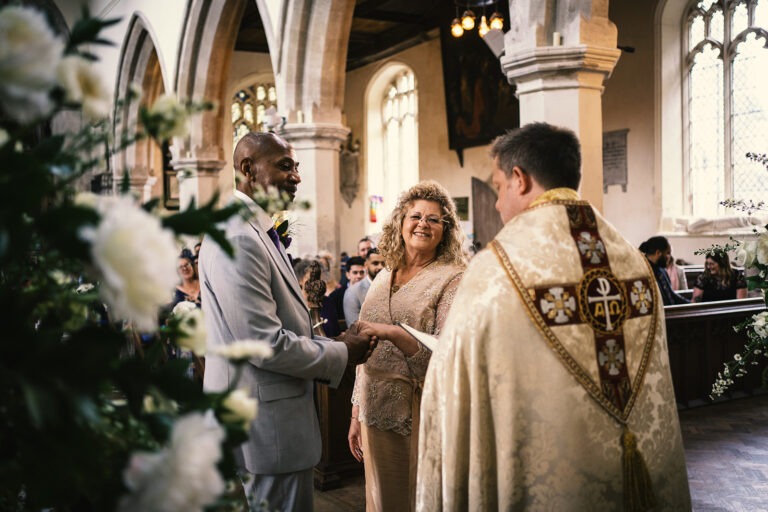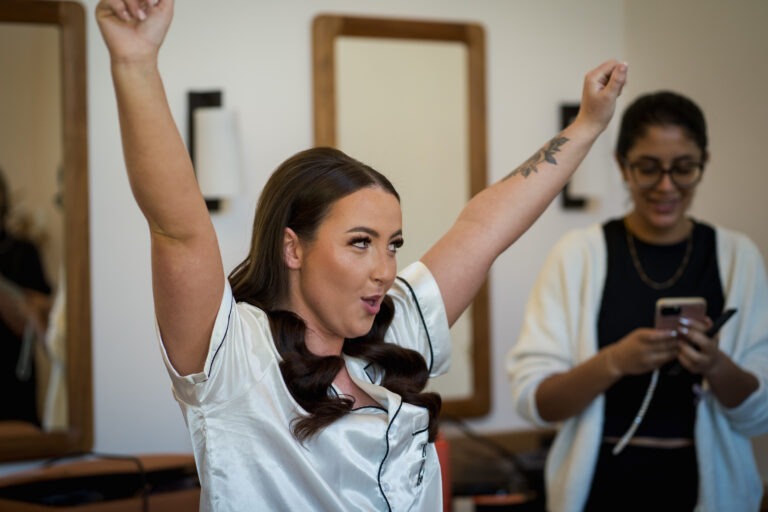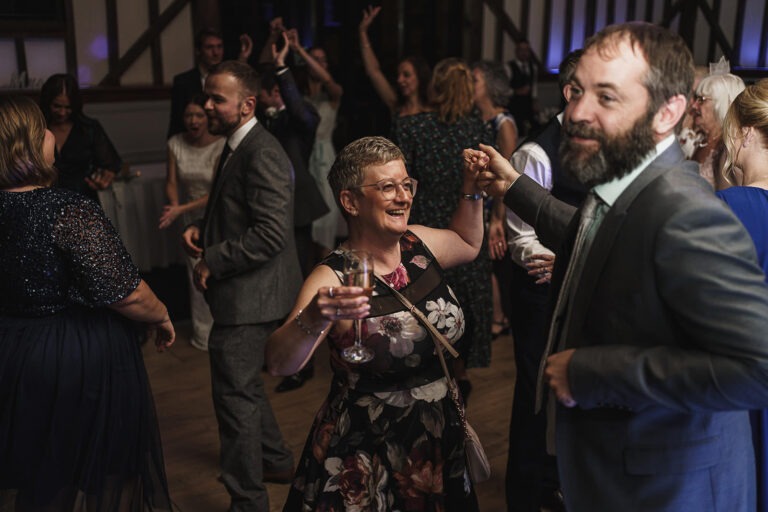Right then, so you’re thinking about getting a photography mentor in 2025, but you’re wondering—how much is it actually going to cost? Is it worth splashing out for expert guidance, or can you find a bargain without compromising on quality? Photography is a serious investment, and education is no different. But with endless options—from free YouTube tutorials to one-on-one coaching from industry legends—figuring out where to put your money can be overwhelming.
Here’s the thing: a mentor can be an absolute game-changer for your career. Whether you’re struggling with pricing, branding, or just need a bit of creative direction, the right mentor can save you years of trial and error. But, just like buying camera gear, you want to make sure you’re getting proper value for your money. So, let’s break down what mentorship costs in 2025, where UK photographers are putting their cash, and how to get the most bang for your buck.
What Does a Photography Mentor Cost in 2025?
Mentorship costs vary wildly. If you’re after a beginner-level mentor, someone with a solid grasp of the industry but not quite a household name, you could be looking at anything from £40 to £120 per hour. That’s a fair deal for picking up useful tricks, getting feedback, and learning the ropes without spending a fortune.
If you want someone with serious industry experience—a mentor who has built a solid brand and has real-world business knowledge—you’ll be paying a bit more. Mid-level professionals usually charge between £150 and £400 per hour. At this price, you can expect to get detailed insights, strategy sessions, and proper business coaching.
Then there are the elite mentors. These are the award-winning photographers, the ones who’ve worked with major brands, have international recognition, and hold industry influence. Their rates start at £800 per hour and can easily go into the thousands. You’re not just paying for knowledge here; you’re paying for access to their connections, reputation, and expertise.
If the idea of spending that much per hour makes you wince, there’s always the group mentorship route. Smaller coaching groups (usually five to ten people) tend to cost between £300 and £1,500 for a structured multi-week programme. Larger cohort-based programmes, where you’re part of a learning community over several months, typically cost anywhere from £1,000 to £4,000. The advantage? You still get direct access to an experienced mentor, just at a fraction of the price.
Where Are Photographers Investing Their Money?
So, where’s all this money going? Turns out, UK photographers are making some strategic investments when it comes to mentorship.
A lot of photographers are opting for specialised training rather than general photography advice. If you’re looking to break into luxury wedding photography, fine art portraiture, commercial and fashion photography, or documentary storytelling, working with a mentor who specialises in that field can give you an incredible advantage.
Another big area of investment? Business and marketing coaching. More and more photographers are realising that taking great photos isn’t enough—you need to know how to sell them too. This is where mentors who focus on branding, social media marketing, and pricing strategies come in. A business-savvy mentor can help you package your work properly, set your rates, and create a sustainable career.
Finally, there’s community-based learning. Networking is crucial in photography, and a lot of photographers are investing in mentorship groups that offer long-term support. These memberships don’t just provide education; they create opportunities to connect with other photographers, get regular feedback, and find industry leads.
How to Get the Most Out of a Photography Mentor Without Going Broke
Alright, so you’re not exactly rolling in cash but still want to benefit from mentorship—what’s the best way to do it? First off, don’t ignore free or low-cost mentorship opportunities. Facebook groups, Instagram discussions, and online forums can sometimes lead to valuable industry connections. Engage with photographers you admire, ask thoughtful questions, and contribute to discussions. You’d be surprised how often experienced photographers are happy to share advice for free.
Another option is to offer assistance in exchange for mentorship. Many professional photographers need extra hands on shoots, and volunteering to assist them can be a brilliant way to learn. Not only do you get real-world experience, but you also build relationships that could lead to more formal mentorship opportunities.
If you want structured learning but can’t afford a one-on-one mentor, group mentorship programmes are a great compromise. They allow you to access expert guidance while sharing the cost with other photographers. Plus, you get the added benefit of learning from your peers.
And if you’re going to invest in a mentor, make the most of it. Turn up prepared, ask loads of questions, take notes, and—most importantly—apply what you learn. A mentor’s advice is only valuable if you actually put it into practice.
Final Thoughts: Is a Photography Mentor Worth the Investment?
So, how much should you pay for a photography mentor in 2025? That depends on your budget, where you are in your career, and how much personal guidance you need. Whether you’re spending £50 for a quick portfolio review or £5,000 for an intensive business mentorship, the key is to invest smartly.
At the end of the day, a mentor isn’t just someone who teaches you how to take better photos—they shape your career, help you avoid common mistakes, and give you the confidence to push forward. If you pick the right mentor, the investment will pay for itself many times over. Choose wisely, be proactive, and put their advice into action, and you’ll see real growth in your photography journey.
Keywords for SEO:
- Photography mentor cost 2025
- How much to pay for a photography mentor
- UK photography mentorship prices
- Photography business coaching UK
- Best photography mentors in 2025
- One-on-one photography mentoring
- Affordable photography mentorship
- Group photography coaching UK
- Photography business mentor cost
- Online photography courses with mentorship
- Is photography mentorship worth it?
- How to find a photography mentor UK
- Photography career coaching 2025
- Business and branding mentorship for photographers
- Best mentorship programmes for photographers
- Photography networking and mentorship
- How to get free photography mentoring
- Wedding photography mentorship UK
- Commercial photography business mentoring
- Investing in photography education





